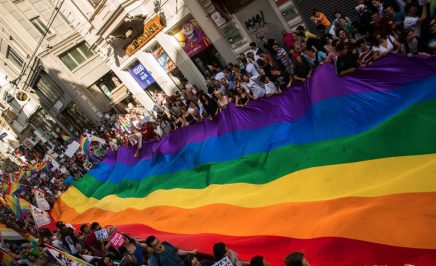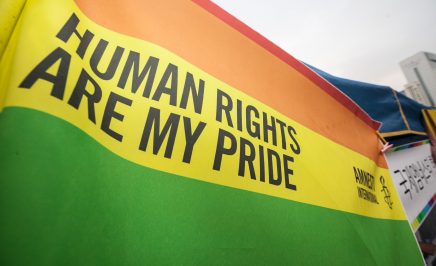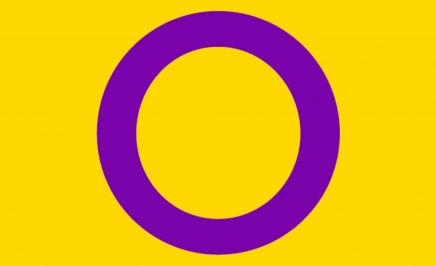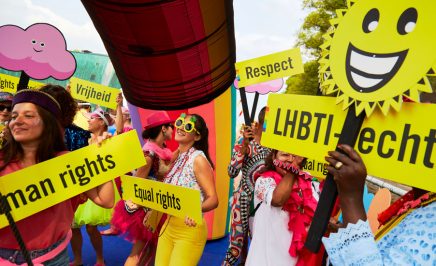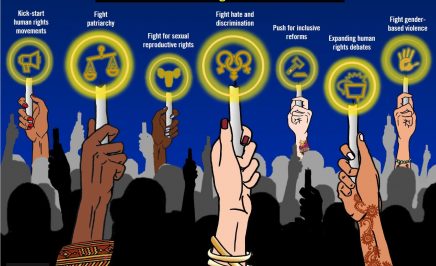CW: Substance abuse, sexual abuse.
Hannah Wahlsten (she/they), convenor for Amnesty International’s Western Australia LGBTQIA+ Action Group, describes her personal experience to celebrate Bisexual Awareness Week, also known as #BiWeek: an annual event from September 16 through the 23rd to promote cultural acceptance of the bisexual community and advocate for bisexual rights.
“Pick a side”
“You’re not real,”
“Bisexuality doesn’t exist”
“You’re doing it for the attention”
“Oh you taking the easy way out”
“It’s just a phase”
“Really? You don’t look it”
“Bi people are all cheaters”
“It’s a choice”
If you know someone who identifies under the Bi+ Umbrella, they will have probably had someone say at least one of these to their face.
Bisexuality refers to someone who is attracted to genders similar to their own and different from their own. That attraction can be different (i.e. romantic and/or sexual) depending on the gender, e.g. sexually attracted to similar genders, but only romantically attracted to genders that differ to their own.
Being Bisexual means being inundated with negativity regarding your orientation. The media perpetuates negative stereotypes, while TV shows and movies are afraid to use the word Bisexual. Characters that are Bisexual are often ‘straight washed’ on screen and if not that, then there is simply no representation at all.
Being Bisexual means a high chance for poor mental health statistics. You are more likely to end up with a mental illness, turn to drug and alcohol abuse, and statistically are more likely to be raped.
Like many in the Rainbow Community, being Bisexual can mean we will remain in the closet in work situations for fear of complaints, being fired, discrimination. I personally am afraid to discuss my sexuality in the work place for fear that the wrong person will hear and my job will be negatively impacted.
We also have barriers when it comes to accessing health care. I remember being nervous seeking mental health care for trauma because I was afraid that I’ll be judged for my sexual orientation (even though it wasn’t relevant). I have to date not disclosed my sexual orientation to my GP (despite being out for eight years) for fear of judgement from them.
We are also more likely to be raped, due to the idea we are promiscuous, “asking for it” or targeted because we are less likely to disclose because of fear we’ll be judged for our orientation and have it held against us.
The Bi+ Community doesn’t just receive hate and discrimination from people outside the community, we are regularly targets for lateral violence from people within the rainbow community. I personally have received cold shoulders from Queer people in the community after they found out I was Bisexual.
When I was with an ex partner I was told I am incapable of being monogamous with them, despite cheating being a hot button of mine.
We are regularly excluded from spaces and in language used (particularly if your partner is of a different gender). You can be regularly told that, because you are Bi, that they will not date you because you’ll cheat, take the easy way out, you’re tainted, etc.
While things have improved both inside and outside the community people in the Bi+ Community still face discrimination, hate, violence and erasure. More work led by Bisexual researchers and activists is needed, alongside more allies willing to stand out and call out this behaviour.
Written by Hannah Wahlsten in her personal capacity. Experiences and opinions are the author’s own, and not those of Amnesty International Australia.
Learn more about Amnesty International Australia’s work on LGBTQIA+ rights here.

